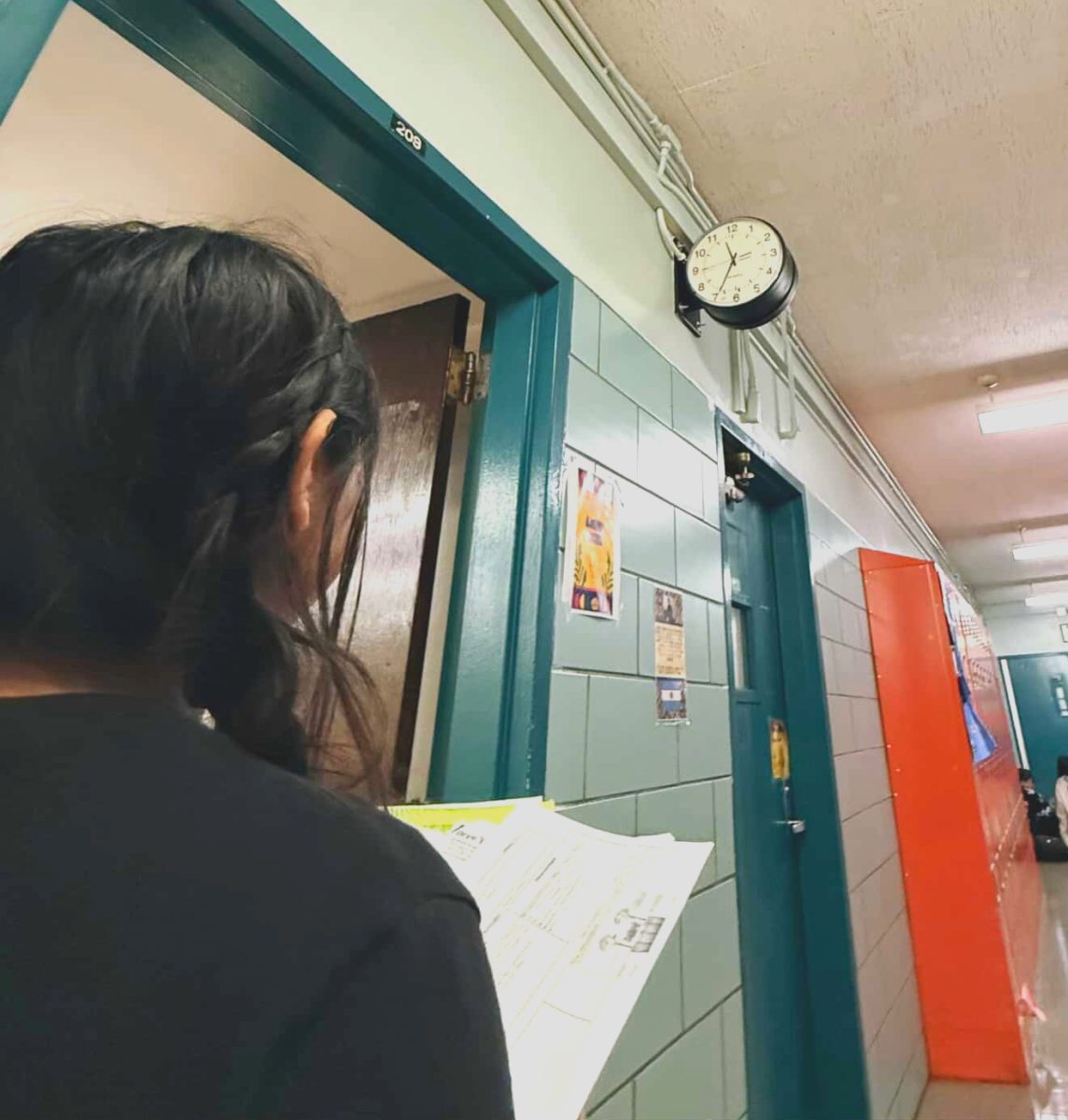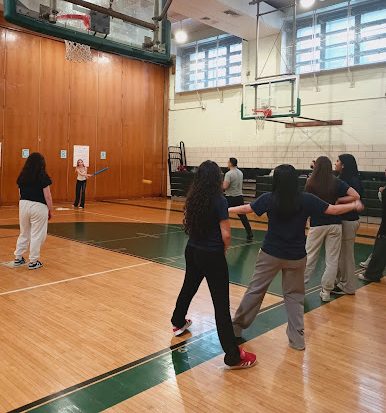All day at school, you work, work, and work, and your homework keeps piling up in your folder. You have a free period, but you tell yourself, “I can do my work later.” It’s “home”work, after all. Then you get home, toss your backpack down, and go sit on the couch because you need a few minutes to “chill” before you do your homework. However, those few minutes turn into a few hours and the next thing you know, it’s already dinner time. You would either have to stay up late to finish, or just wouldn’t do it at all. Either way, procrastination is not your friend.
There are a few reasons we procrastinate. Sometimes, we simply just don’t want to do the task. We think “We can just do it later, it won’t take too long,” and set it aside. We think this because it’s not a very appealing task in the first place. Who would rather write an essay on the Qin Dynasty when you could be hanging out with your friends?
So we start this cycle over the course of your time frame (whether this is an afternoon or the whole weekend) of finding other things to do instead, even if that just means scrolling on Instagram. Underestimating the effort required, disliking the task, and feelings of self-doubt causes us to procrastinate. Home is usually a place where you don’t have to worry about doing work, because you’re not at school. School is for work and home is to chill, right? But somehow, you still have so much work to get done!
This leads us to another reason we procrastinate: feeling so overwhelmed at how much has to be done that we can’t bring ourselves to get started. This can be linked to perfectionism. If you feel like you won’t be able to do a job sufficiently, you might feel unmotivated to do it. In actuality, procrastination achieves the opposite effect– you’re still going to have to do the work sooner or later, and the more you put it off, the less time you have, and the worse of a job you’re going to do.
When I asked Shehreen Islam, a freshman, what kind of work she feels like she procrastinates the most on, she said math. “I’ll do it at night or in the morning, and try to finish it as fast as I can. I’ll say I’ll do it later or right before I sleep.” Shehreen, like most of us, avoids what she dreads. If you sense that the task will be boring, or that you’ll get frustrated while doing it, your brain will just push it off. If your brain had its ways, you’d probably put off the task indefinitely, but because of deadlines and grades, that’s not an option. Ignoring the work won’t make the deadlines go away.
Procrastination is something that’s so easy to do, but it negatively affects both you and your work. When you procrastinate, you feel guilty, anxious, and frustrated with yourself (leading to more procrastination). It’s much better to just get the work done and feel accomplished. When you procrastinate on work, its quality suffers. Ms. Dworken, the 9th grade Global Studies teacher, said that “You can kind of tell when someone puts effort into their work and when they don’t…. There’s definitely a correlation with students handing things in really quickly, or last minute, and the quality of work.” Procrastination gives you less time to complete your work before the deadline. This either results in the work being less thorough than it would be if you had spent enough time on it, or the work being turned in late. Either way, the work is worse, your grade is worse, and you’re more stressed.
Often, when we procrastinate, we tell ourselves that we have time, even when we don’t. We risk getting assigned more work than we’ve anticipated (like pop quizzes, or surprise homework assignments) and not having enough time to complete it all. Ms. Callender, our Spanish teacher at Museum, said, “Procrastination is always a disadvantage because you never know what other assignments you’re going to be receiving from other teachers, so then it creates more stress.” Even though there’s a chance that you’ll get no new work, it’s still better to get a headstart on your assignment and get it out of the way.
You might be able to just think about the consequences of not doing your work and force yourself to just get it over with. However, not everyone has that kind of willpower, so here are some things you can do if you feel the urge to ignore everything on your to-do list.
In fact, making a to-do list is the first thing you can do. Instead of keeping all your tasks in your mind, write them down on a piece of paper or a notes app so that you don’t get overwhelmed and avoid getting started altogether. Check Google Classroom or your folder/binder to see if you’ve missed anything. Let yourself check off the tasks as you complete them to give yourself a sense of satisfaction. This will show your brain that the tasks are doable. If you think the tasks are impossible, you won’t even attempt to do them.
You can also find one or two activities that are actually fun to do in your day. This tactic prevents you from finding little things to do throughout your day with the excuse that “you need a little reward”, when you really just end up putting off finishing your work. Instead, make a plan to hang out with your friend, go sit and read at the park for twenty minutes, or watch an episode of your favorite show. Either plan to do this activity after you’ve finished all your work, or plan a break for right in the middle of your total workload. If you have something to look forward to, you’ll be more incentivized to do your work.
Another thing you can do is minimize distraction. If you know you’re going to feel the urge to pick up your phone, then either keep it in a different room or put it on Do Not Disturb. If your room is messy and this makes you unable to focus on your work, then move to a different room. If that’s not an option, try to quickly clean your room before you start so that you can really get into the flow of the work.
Even though procrastination is bad, it’s not healthy to overwork yourself. You need to take a little time for yourself right after you get home from school so that you don’t drive yourself crazy. If you bite off more than you can chew, it’s going to mess you up in the long run. Try to find a healthy balance between getting work done and not burning yourself out.





























Donna • Jun 1, 2025 at 11:56 am
So interesting and thoughtful, Varenne. You have taken on responsibility for completing your assignments! No complaints about too much homework!
Does The Museum School have a homework policy? Do teachers keep aware of the overall requirements to keep the load doable?
Lynn Sharrock • May 30, 2025 at 8:44 am
Oy. I got an extension on doing my taxes and it only seems to prolong the dread. It’s like 9th grade algebra all over again!
After reading this article I have a new plan – I will spend 15 minutes working on taxes, 4x a day, until the job is done!
Lynn Sharrock • May 30, 2025 at 8:41 am
Oy. I got an extension on doing my taxes and it only seems to prolong the dread. It’s like 9th grade algebra all over again!
Chloe • May 29, 2025 at 8:34 pm
Such good advice! I’m going to go fold my laundry right now.
Rick • May 29, 2025 at 3:17 pm
Good concise writing.